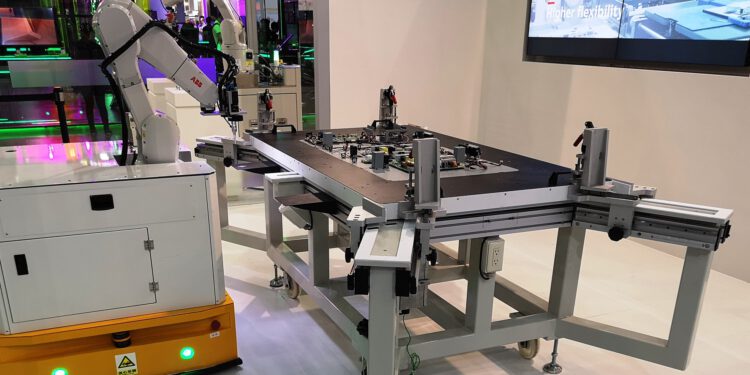The proliferation of machines at work is a fact and forecasts point to their increasing responsibility in the tasks to be performed.
The Davos Economic Forum it has published a report on the role of machines at work in the medium term. Its conclusions are interesting, because they are a reflection of a long-anticipated trend. But they also show a path for coexistence between machines in and humans in work environments.
The Davos Economic Forum report looks to 2025. By this date, he, more than half of the tasks on the job will be performed by machines. Specifically, 52%, according to the estimates prepared by those responsible for this study.
After conducting a survey that represents more than 15 million employees in 20 economies, the report is strongly committed to an increase in machines at work. And, more importantly, an increase in the tasks they will perform. It is not the first time that we have talked about how the artificial intelligence it will replace professional profiles as you progress.
Everyone has their own line-up for jobs that will survive artificial intelligence. Although the truth is that all scholars of the subject agree that issues such as creativity, imagination or sensitivity they will be key requirements for positions that want to last.
And it is that, there will be jobs that, at least for the moment, it is impossible to automate. But it is not just a question of retaining some posts but of creating new ones. The Davos report notes that by 2022, 75 million jobs will have been lost. However, 133 million jobs created. The balance is clearly positive, and this is not the first time this balance has been reached. The consultancy PwC revealed in a local study for the United Kingdom an equally beneficial balance.
Machines, present in future employment
There is no doubt that machines will increasingly have a greater role in employment. It will be next to the people, but your workload will increase. If in 2025 robots will perform 52% of the tasks, today they only make 29% of them.
The increase is substantial to be in such a short span of time. But the report also talks about the new role that people will have. Will be needed employees performing highly specialized functions and working conditions will change. The remote connection will be much more common and there will be greater flexibility.
Change will not only come through the introduction of machines. Also because of the increasing use of technologies that make it easier to work in another way. But, of course, there are still challenges to this transformation, especially with regard to security.
Images: PGB, Wikipedia









